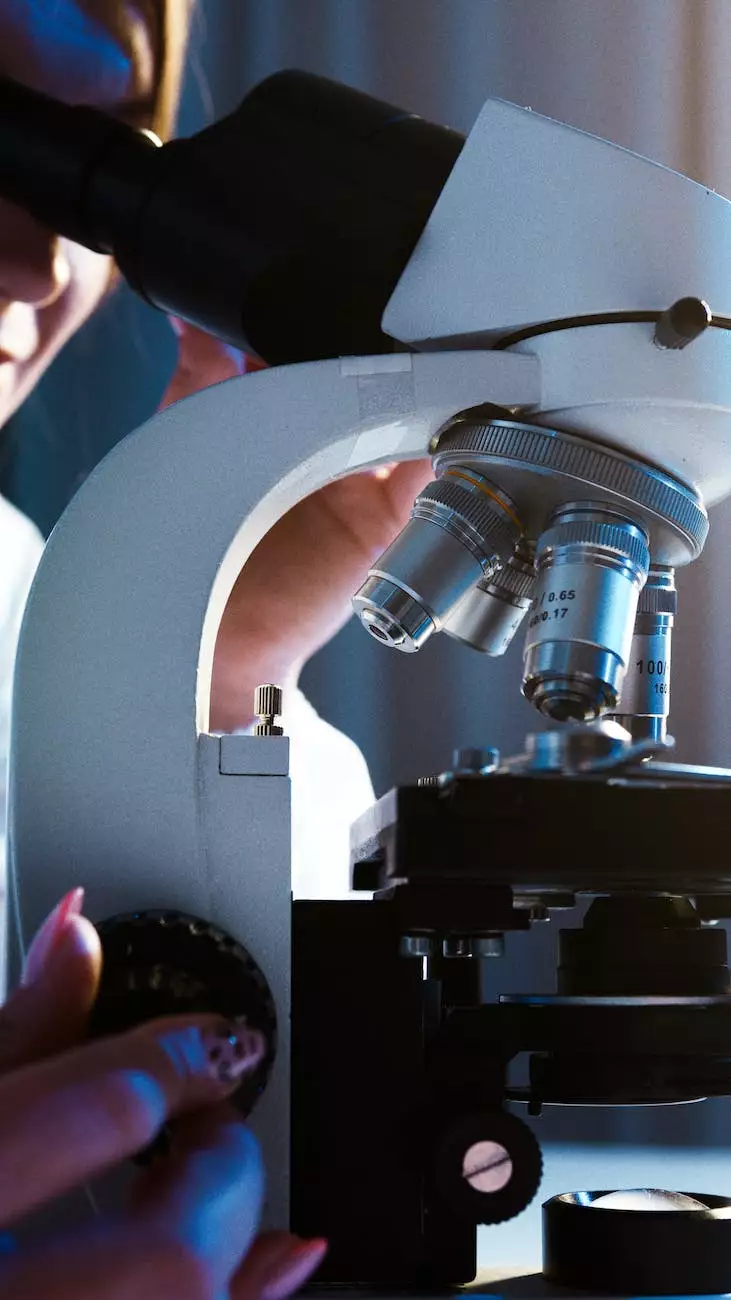Living Donation Versus Organ Donation: What's the Difference
Blog
The Importance of Organ Donation
Organ donation plays a vital role in saving lives and improving the quality of life for those in need. Through the selfless act of organ donation, individuals can extend the lives of others and provide hope to those suffering from organ failure.
Understanding Organ Donation
Organ donation involves the transplantation of organs from a deceased individual to someone in need. These organs can include the heart, lungs, kidneys, liver, pancreas, and intestines. Organ donations typically occur after the donor has passed away and their organs are deemed medically suitable for transplantation.
Living Donation: A Life-Changing Alternative
Living donation, on the other hand, offers a unique opportunity for individuals to donate organs while they are still alive. This type of donation is commonly associated with kidney and liver transplants, where a living donor can provide a healthy organ to someone in need.
The Process of Living Donation
Living donation involves a thorough evaluation process to ensure the safety and compatibility of both the donor and recipient. Medical professionals assess the donor's overall health, perform various tests, and gather detailed medical history to determine eligibility. The recipient's medical condition is also reviewed to ensure a successful transplantation.
Advantages of Living Donation
Living donation offers several advantages over traditional organ donation. These include:
- Timeliness: Living donation allows for a more immediate transplantation, reducing the waiting time for recipients.
- Improved Outcomes: Organs from living donors often have better outcomes due to their excellent condition and minimization of cold ischemia time.
- Expanded Donor Pool: Living donation enables the utilization of organs that may not be available through deceased organ donation, expanding the number of potential donors.
- Altruistic Opportunity: Living donation provides an opportunity for individuals to make a significant impact on someone else's life during their lifetime.
Considerations for Potential Donors
If you are considering becoming a living organ donor, it is crucial to understand the following:
- Risks and Complications: Living donation, although generally safe, carries certain risks and potential complications that should be discussed with your healthcare provider.
- Lifestyle Changes: Donating an organ may require certain lifestyle modifications and ongoing medical follow-up.
- Emotional and Psychological Impact: The decision to become a living donor can have a profound emotional and psychological impact on both the donor and their loved ones, and it is essential to seek support throughout the process.
Conclusion
Both living donation and organ donation are critical components of the healthcare industry. Organ donation, whether from living or deceased individuals, saves lives and offers hope to those in need. By understanding the difference between living donation and organ donation, individuals can make informed decisions and potentially contribute to the well-being of others.
For more information on living donation, organ donation, and other health-related topics, visit Richard Martinez, MD's website today.










